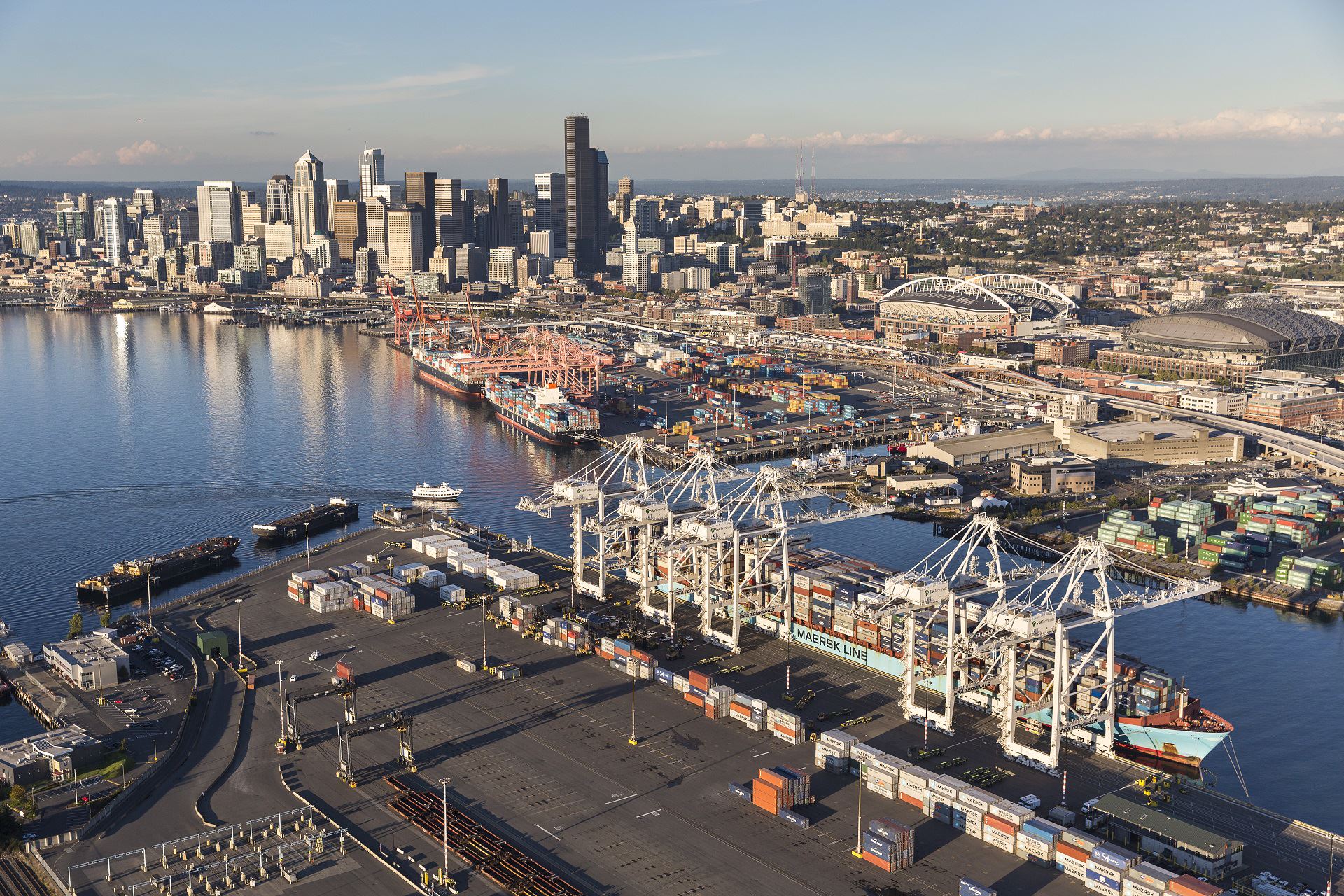
Summer 2022
Over the past decade, there has been a shift toward “smart” technologies that help increase efficiency, writes Hugh Gallagher, vice president of marine client services, Tideworks Technology.
Decision makers across the supply chain are also evaluating smart technologies to identify ways to boost operational efficiency and enhance productivity, safety and sustainability of their operations.
Even before the onset of pandemic-related supply chain challenges, terminal operators acknowledged the necessity of implementing technology and were updating existing processes to modernise their terminals. The increase in container volumes and resulting congestion from the pandemic has heightened urgency around modernisation strategies and put enhanced pressure on terminal operators.
The role of TOS
According to a 2021 report by the International Transport Forum, container terminal operators are the main driving force for terminal automation projects. As a long-term partner of terminal operators and full-service provider of comprehensive terminal operating system (TOS) solutions, Tideworks Technology has seen its customers (terminal operators) turn to TOS as the foundation of their modernisation projects.
In past decades, terminals were not dependent on technology to the degree they are today. Now that story is drastically different. TOS and the ancillary technologies that support terminal operations have become mission-critical components that enable terminals to achieve their business objectives, such as improving efficiency, safety and service. Through additional automation, TOS solutions are becoming even better equipped to transform the way ports and terminals operate through more sophisticated integrations and data capabilities.
